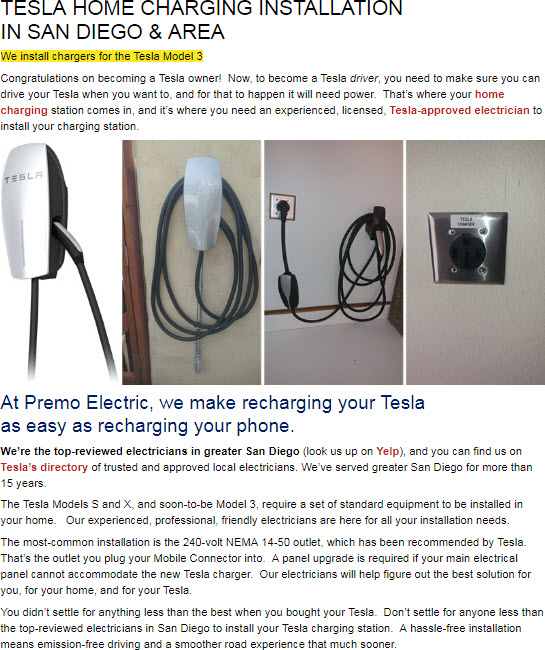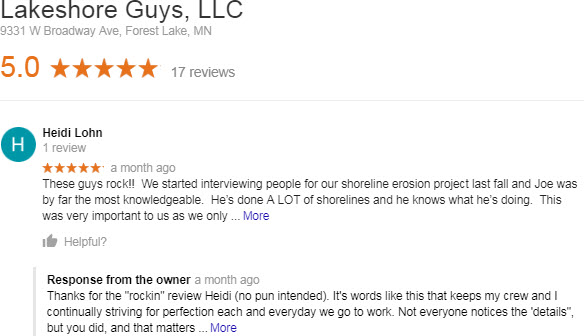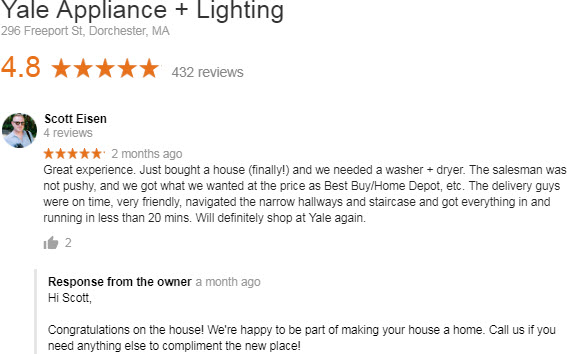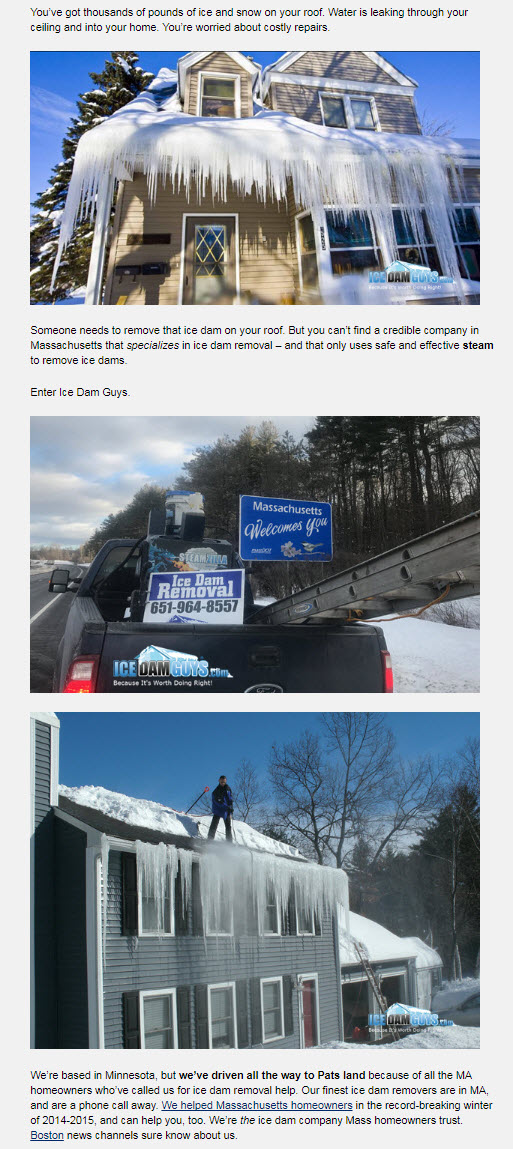I almost channeled my inner Cosmo editor and called this something like, “17 Ways Writing Can Spice up Your SEO Life!”
But that would have made me almost as bad as many local SEOs (and their clients). They often treat writing as an afterthought in their work – or as something to farm out to the cheapest keyboard-slapper they can find.
Wordsmithing doesn’t get enough respect in this business. Many people look at the relationship between writing and SEO in one of three ways:
“Writing? We’ll take care of that after everything’s optimized.”
“We already took care of the writing. Now we’ll SEO it.”
“What are you, like, an English professor? I said we’re doing S-E-O…for search engines! ”
SEO that sticks and writing that sticks aren’t as separate as most people think. You can rank well even if your writing is as crappy as everyone else’s is. But would you really be satisfied with that? Wouldn’t you rather have your writing help you at every turn?
I can’t tell you exactly what to write, and where. I can’t tell you exactly whom to hire if you need help. I won’t try to define “effective” writing. I sure as thunder won’t tell you that your site will rank well just because your writing is solid.
The point I want to make simply is that you need a wordsmith as much as you need a webmaster.
Here are some benefits of writing with oomph – some ways it can help your visibility in the local search results, and help you get more/better customers out of the deal:
- Stickier title tags. Those can compel more people (and maybe more of the “right” people) to click on you. In my experience that higher click-through helps your organic rankings over time.
- Stickier description tags. Same benefit as above.

- You can get more content onto a given page and not make it a miserable read in the process. Ineffective writers just assume everything’s clear, and never bother to lay it out. Serious people – the ones who might hire you – want detail. (They can always skim.) Google prefers crunchiness, too.

- Stickier pages. Google knows who hits the “back” button and who sticks around. I don’t think anybody knows exactly how Google uses on-site behavior to sort out rankings, but I can’t imagine they don’t use it.
- More reviews. Your requests will be more effective – more likely to end in 5 stars.
- Better reviews. A well-crafted written request is less likely to annoy customers, more likely to compel them to bring up any problems before they write a review, and more likely to compel them to go into plenty of detail about what they like. Also, if the writing on your site makes your USP clear, you’re more likely to get happy customers, who become happy reviewers.

- Better replies to your reviews. Your replies (on Yelp and Google) to reviews can help you win over more of the kinds of customers who care about reviews enough to review you. They don’t need to be Shakespeare, but they should be personal and not boilerplate.

- Your “link bait” is more likely to result in some solid links. It’ll have legs.
- You’ll be ignored less in your email outreach.
- If you do a guest-post it’s more likely you’ll be invited back to do another one.
- Your guest-post is more likely to lead to other opportunities – if your post was useful to someone other than you, or useful to a business other than yours.
- You’re more likely to get a “seed audience” for your blog. I may write a whole post on that term some time, but in the meantime, here’s all I mean by “seed audience”: a small group of people who were already paying close attention to you, and who become the first regular readers of your blog. They’re your first fans. You need to provide them enough free, helpful info that they bring you more fans over time (or you go back to the drawing board). My favorite example of a seed audience is people who get your email newsletter, who then also read and benefit from your posts.
- Higher likelihood of getting local-listing-related issues resolved if you have to contact “support.”
- Your photos will be more useful, interesting, relevant, and SEO-friendly, because you’ll be able to write better captions, alt tags, and title attributes. Some people swear by “optimized photos” as a major ranking factor. I don’t. I suspect there’s a little benefit, though, and of course well-integrated photos are good to have anyway.

- Any YouTube/video optimization is less likely to be a complete waste of time. Your video titles will make people want to watch, and your “description” will add flavor and maybe compel watchers to take the next step on your site.

- Clearer communication on action items that affect your SEO, visibility, and overall ability to make rain. Whether you’ve got an in-house team or are working with a third party, everything will go your way a little more if you can make your points clearly and not make people hate you.
- People who found you as a result of your local SEO campaign will be more likely to take whatever next step you want them to.
You know how some wise people have said that SEO isn’t a separate marketing channel, but rather should seep into everything you do. Well, I say wordsmithing should seep into every part of your SEO.
Just spend more time writing or editing the areas I mentioned. You’ll be surprised what you can do.
Any SEO benefits of writing I missed? Any stories about how strong writing has helped you? Any examples?
Leave a comment!

Leave a Reply